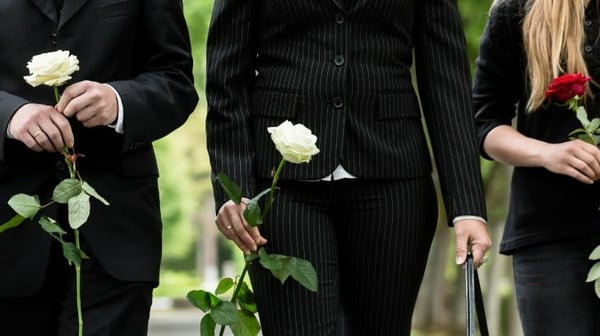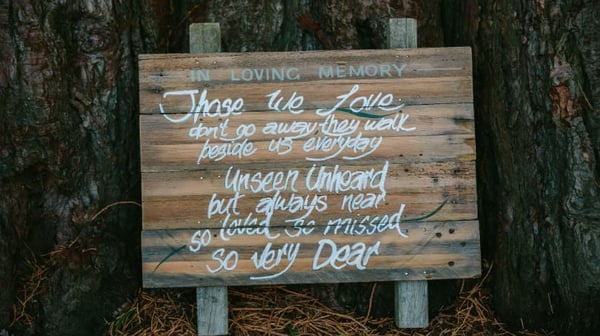What is embalming?
Before, during and after a funeral, the body of the deceased deserves to be treated with compassion and care. Whether you’re making your own funeral plans, or preparing to say goodbye to a loved one, the embalming process is one way to ensure a dignified departure.

You may also be interested in....
The embalming process helps to preserve the appearance of a deceased person’s body after they’ve passed away. The effects of embalming are not permanent, but it delays the decaying process to give the body a more natural appearance – when viewed in a casket or coffin – before the burial or cremation.
When planning a funeral, many people opt for embalming. Studies from previous years, such as a BBC News report, have suggested that between 50% and 55% of deceased bodies undergo embalming in the UK.
Here are some reasons why people agree to the embalming process when arranging a funeral.
- Reassurance. Seeing a loved one in a state of rest with a ‘peaceful’ appearance could provide some comfort at a difficult time. Embalmers can sometimes restore the visual appearance of the body – for example, if the deceased suffered injuries in a fatal accident.
- A final farewell. For those who haven’t seen the deceased in the days, weeks, months or years before they died, embalming gives an opportunity to present the body in an open viewing for a chance to say goodbye.
- Fulfil their wishes. Some people decide in advance that they’d like to be embalmed and write a letter of wishes to this effect.
Embalming can involve two different processes:
1. Arterial embalming is where blood in the arteries is removed and replaced with embalming fluids.
2. Cavity embalming involves the removal of fluid from cavities, such as the chest and abdomen, and replaced with embalming fluids.
The effect of embalming is to make the deceased body appear more restful, and sometimes, to remove the visible impact of the cause of death. Embalming a body can therefore provide comfort to mourners.
Usually, the process of embalming takes between two and four hours. This estimate varies because embalming may take longer if the body has been visibly affected by the cause of death.
Generally, embalming usually helps preserve a body for around a week. But of course, some historical figures have been re-embalmed for decades with regular maintenance.
Embalming for different types of funeral
There are of course many different ways of arranging a funeral, whether it’s a traditional ceremony with a burial, a direct cremation, or alternative eco-friendly funerals. But does the embalming process affect any of these arrangements?
Embalming has no impact on a cremation, but it is prohibited for some burial funerals. For example, embalming isn’t usually permitted for natural burials as the chemicals can have a harmful impact on the environment, such as the local water supply.
It may be a good idea to stay in close contact with your funeral director to ensure that the embalming process does not impact upon your funeral arrangements. And before you agree to the embalming, it is best practice for the funeral director to obtain your consent as a bereaved family member.
There is no legal requirement to carry out embalming for a funeral, unless the body is to be transported overseas. If the body is to be displayed in an open casket, embalming is definitely recommended.
Additionally, if the deceased passed away with an infectious disease, it is likely that an embalming would be considered a breach of public health protocol.
Historically, ancient Egyptians were said to embalm the deceased partly for religious reasons. Today, embalming is not permitted by some faiths, such as Islam or Judaism, while other religious texts do not express a view.
More resources for planning a funeral
The embalming process is just one factor to consider when planning a funeral. We understand that no one relishes the prospect of making funeral arrangements, but our Legal & General funeral planning guides could give you some useful insights and reassurance at a challenging time. Whether you’d like to know what happens at a cremation, or get some tips to help you save on funeral costs, we’ve got you covered.
Find out more about our life insurance
More articles and guides

How to save on funeral costs during the cost of living crisis

Paying for your burial or cremation

